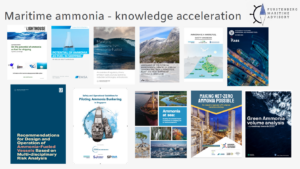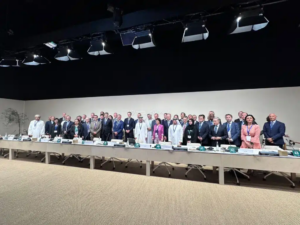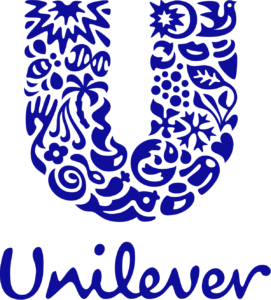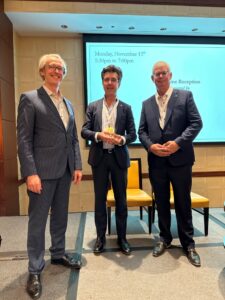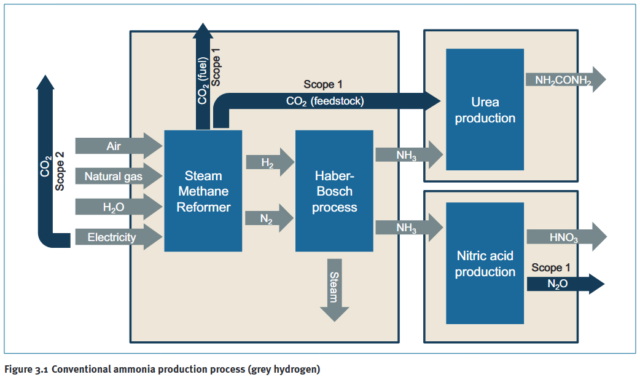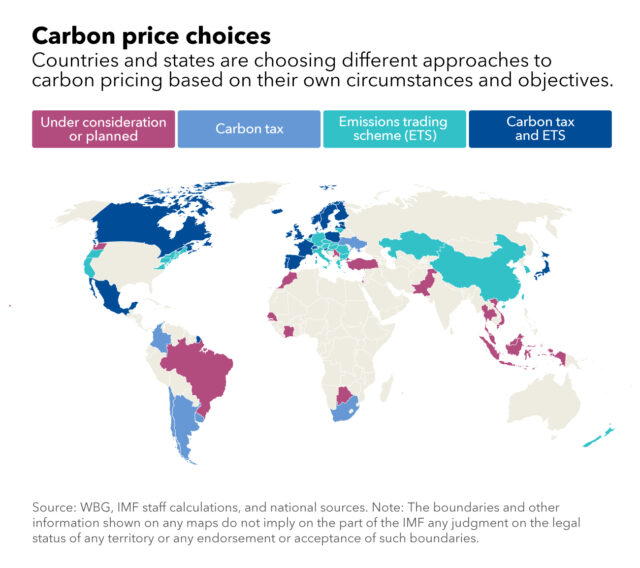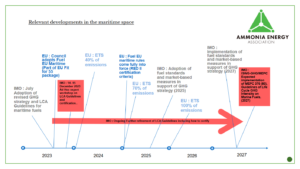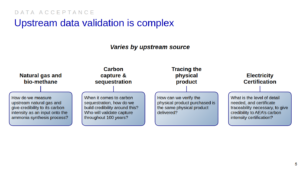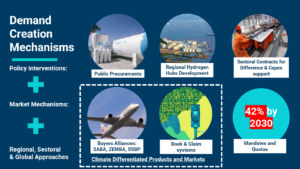All hands to the pump: every stakeholder needed to support marine ammonia fuel
For our final episode of Maritime Ammonia Insights, we asked our resident experts Sofia and Conor Fürstenberg Stott to provide their insights on the pathway forward for marine ammonia fuel. Discussion topics included challenges for overlaying alternative fuels onto the existing bunker industry, the importance of seafarers to the transition, and why we need to move beyond talking about competition between alternative fuel candidates.
